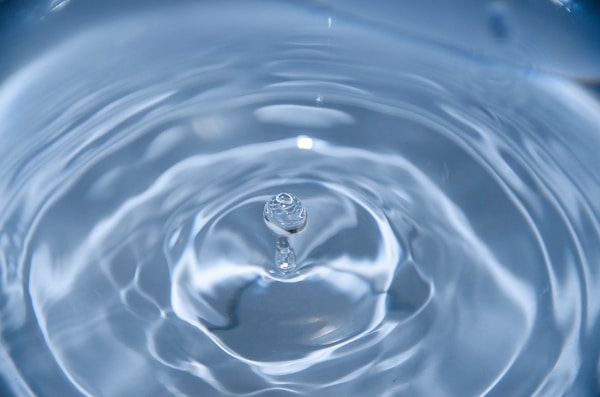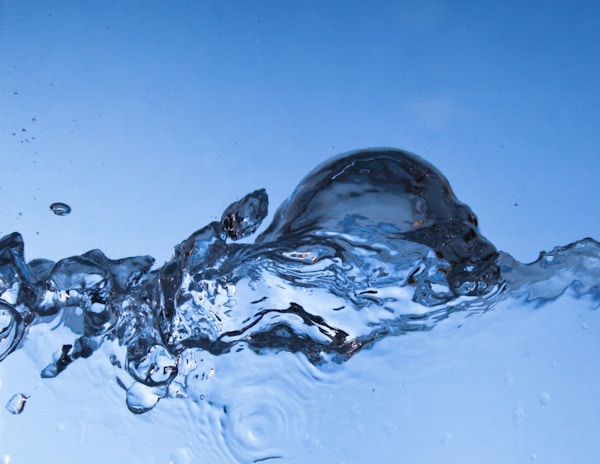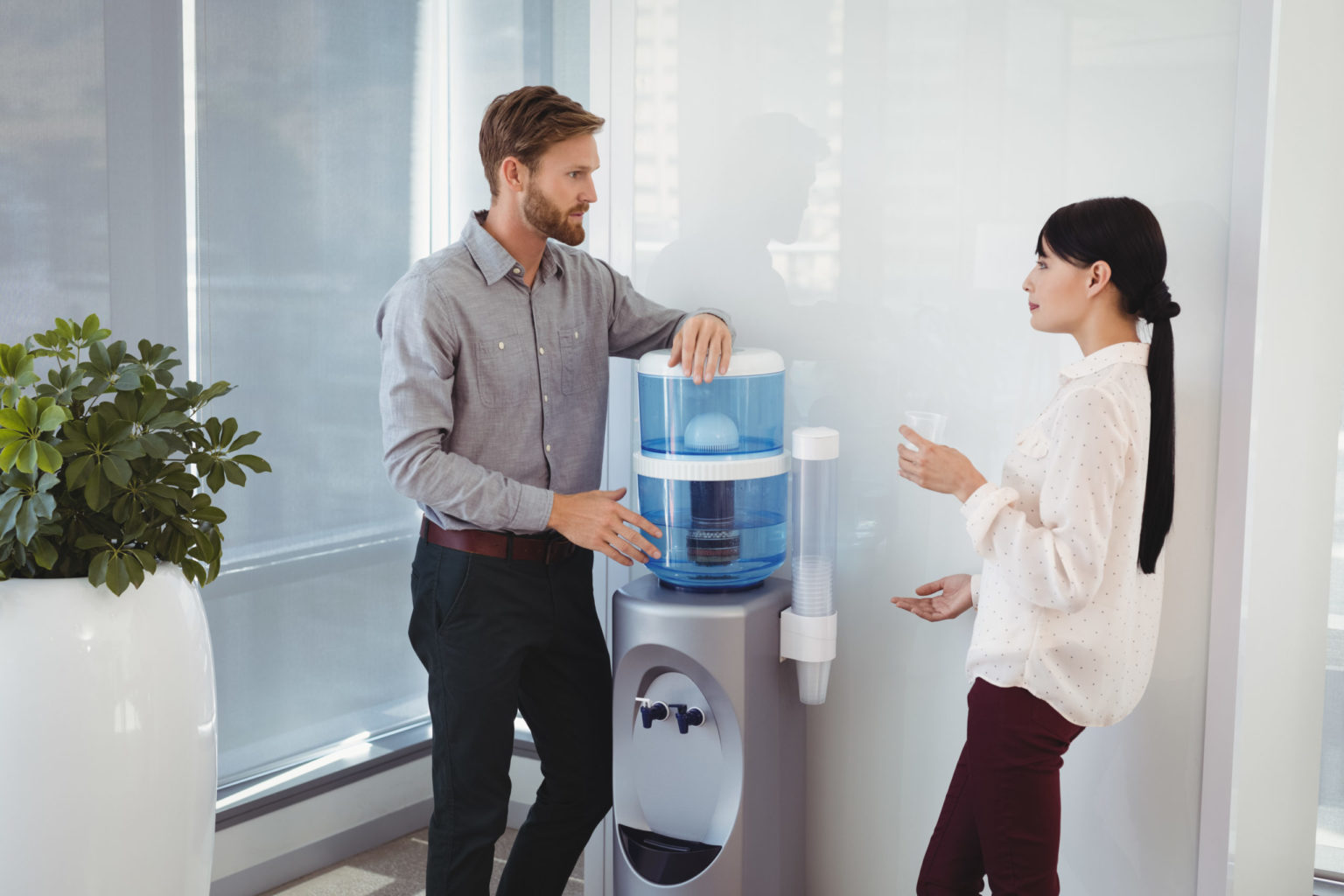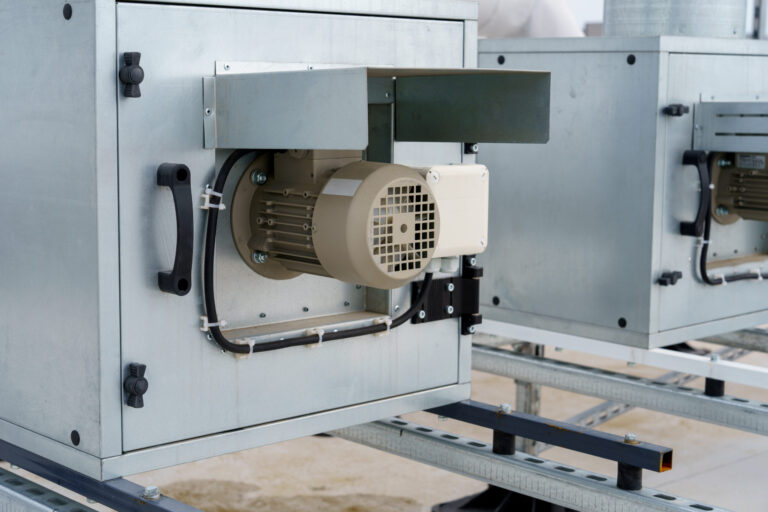In today’s world, it’s more important than ever to have access to clean, safe water. Unfortunately, not all water is created equal. In many parts of the world, the water supply is contaminated with harmful chemicals, pollutants, and other harmful substances. This can lead to various health problems, including waterborne diseases and other serious illnesses. A reverse osmosis commercial system is the best way to ensure that your business has access to clean, safe water. These systems can remove even the slightest traces of contaminants from the water, making it safe for drinking, cooking, and other uses. Keep reading to learn more.
What is reverse osmosis?

Reverse osmosis is a process that uses pressure to force water molecules through a semipermeable membrane. The semipermeable membrane allows water molecules to pass through while preventing larger particles, molecules, and ions from passing. This results in purified water on the other side of the membrane. The process can remove almost all types of dissolved and suspended contaminants from water, including bacteria, viruses, and minerals.
A commercial reverse osmosis water purification system is used to purify water for businesses, such as restaurants or factories. These systems can be large or small, depending on the needs of the business. This type of purification system can also help save money and increase efficiency. By using purified water in your industrial and commercial processes, you can help to reduce costs and improve production. Additionally, purified water for cleaning and sanitation can help reduce the spread of bacteria and other contaminants.
Water purification systems are a vital piece of equipment for any business. They can help to improve safety, reduce costs, and increase efficiency. When choosing a reverse osmosis system for your business, it’s important to consider the type of contaminants that need to be removed from the water and the size of the company.
What is the quality of your water?
The first step in choosing the right water purification system for your business is to determine your water quality. There are three main categories of water quality: potable, non-potable, and undrinkable. Potable water is safe for human consumption, while non-potable water is not safe for human consumption but can still be used for other purposes, such as irrigation or manufacturing processes. Undrinkable water cannot be used for any purpose whatsoever.
Once you’ve determined the quality of your water, you need to decide what kind of contaminants you want to remove from it. Some common pollutants include bacteria, viruses, cysts, lead, arsenic, chlorine, and fluoride. Each type of purification system removes different contaminants from the water supply. For instance, activated carbon filters effectively remove chlorine and other volatile organic compounds (VOCs). At the same time, reverse osmosis systems effectively remove heavy metals like lead and arsenic, as well as certain pesticides and pharmaceuticals.
What are some factors to consider when choosing a water purification system?

When considering a water purification system for your business, one key factor to consider is the type of water that will be purified. If you have hard water, which contains high levels of minerals such as calcium and magnesium, you will need a system that is specifically designed to treat that type of water. If your business uses a lot of water or if the water needs to meet specific purity standards, you may also want to invest in a system with higher capacity or more features.
Another thing to remember is the amount of maintenance required for the system. Some systems require regular filter changes or chemical treatments, while others are self-cleaning and require little upkeep. When choosing a system, the cost of replacement filters or chemicals should also be considered.
Overall, it’s essential to choose the right water purification system for your business to maintain a safe and healthy work environment. By considering the particular needs of your business and the types of water pollutants present, you can make an informed decision about which system is right for you.







